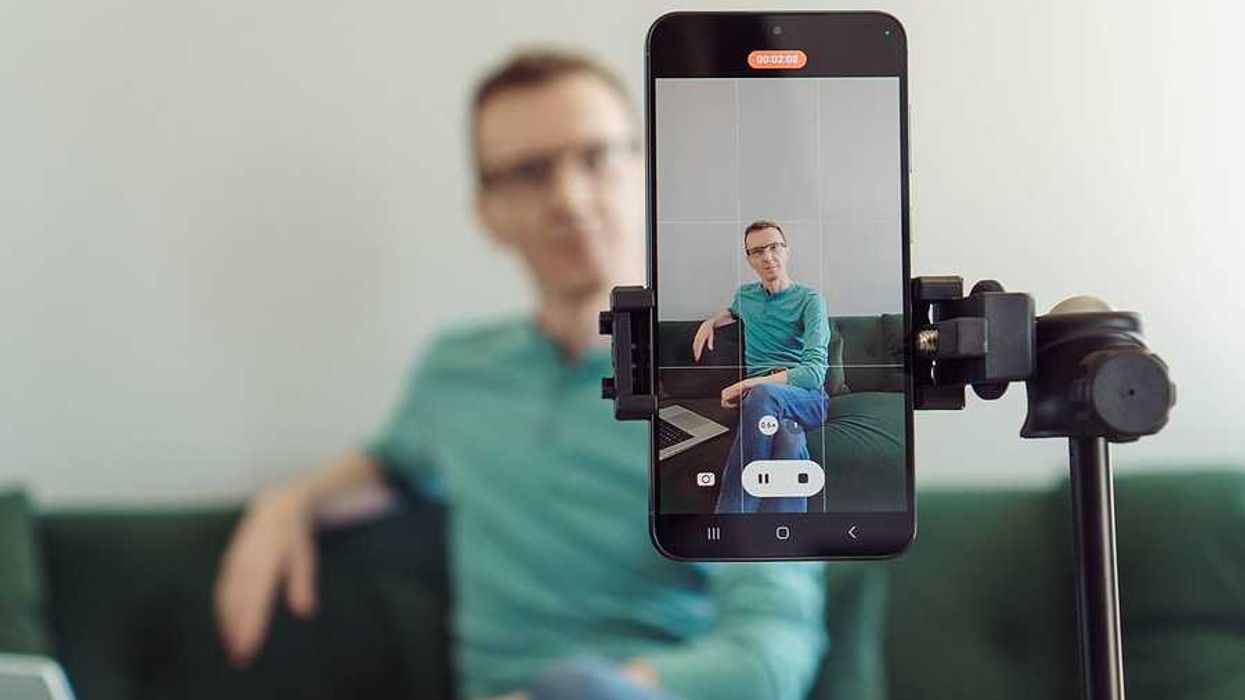
Have you received a call for a group or panel interview recently? While you might be thrilled to make it to this stage of the hiring process, the mere thought of fielding not one but a whole team of interviewers can be enough to put your stomach in knots.
However, the reason most employers conduct panel interviews isn't to intimidate you; rather, it's a time-saving way to meet with people who will likely interact with you in the new job, and gather their impressions all at once. So, when you stride into a panel or group interview, remember that the team is there to learn about you and your value-add, not to interrogate you or make you uncomfortable.
These five tips can help you feel more in control of the process while facing a group of interviewers in a panel interview—with a professional, enthusiastic demeanor that helps win the job.
1. Direct Your Attention To Each Person On The Panel
Upon starting the interview, get each person's name (ask for their business card or jot down the name), and then look at each person as you introduce yourself. This will help to break the ice and establish a connection with all of your interviewers.
While fielding questions, avoid staring at a single person (nothing makes you look more "frozen" than doing this!). Instead, make it a point to relax, smile, and open your gaze to the others in the room. Even if a single member of the group asks you a particular question, look around at the others while you answer it. Doing so will help you project a confident image and build rapport with the entire panel.
2. Expect To Repeat Yourself

Bigstock
While one of your interviewers might take your answer the first time, you can almost expect someone else to either ask for clarification—or ask it again, later in the interview. Why? Because just like our verbal abilities many of us have different listening styles.
What is clear to one panel participant may need further explanation for another person. In addition, each panelist comes to the interview with a different agenda. You can expect a prospective peer to be interested in your technical or analytical skills, for example, while the boss might be more curious about why your last job was so short in length.
You may also find yourself repeating information from earlier interviews. This is perfectly normal in the context of a multi-interview hiring process, so avoid coming across as impatient or noting that you've answered this query before.
3. Find Out Who You'll Need To Impress The Most

Bigstock
Within most panel interviews, it becomes obvious very quickly who is on "your side" and who still hasn't made up their mind. While it may be comforting to direct your answers and gaze toward the interviewer who seems more open to your responses, you're better off tackling the naysayer first. Why? Because winning over the person most likely to reject you shows you have the ability to read the audience, as well as problem-solve on your feet.
Most employers are looking for leaders who will challenge issues head-on, ask numerous questions, and hone in on the thorniest problems first. If you respond well to someone who throws challenges your way, you'll come across as an unflappable professional ready to take on the demands of the job.
In addition, most panel interviewers convene after the interview to discuss the candidate and their impressions. If you've won over the toughest member of the group, the others may throw their support behind them as well.
4. Be Prepared For At Least One Zinger Question

Bigstock
Interviewers, like anyone else, tend to feel more comfortable (and perhaps bold) in a group. Therefore, you can almost count on being asked a question that might not be posed to you in a one-on-one situation. Of course, you'll want to prepare for your interview by pulling out three to five "power stories" that demonstrate your abilities to perform the job.
Arming yourself with these anecdotes will give you the ability to answer numerous behavioral interview questions common in both single and multi-interviewer situations. But if there's any question or situation you would feel awkward explaining, prepare and practice a set of answers to it prior to your panel interview. This way, you won't feel a sense of dread when the question finally comes up, and you'll be better able to handle any curveballs thrown your way.
5. Thank All Participants Promptly

Bigstock
At the conclusion of your panel interview, thank everyone personally, and gather business cards if you haven't already done so. Then, as you're sitting in your car post-interview, write down specific highlights from the interview to include in your thank-you notes, which should be sent within 24 hours after completing the panel interview.
You'll gain the advantage of having the interview fresh in your mind and will score points for your promptness and attention to professional courtesy.
In summary, a panel interview is nothing to dread, especially since it offers an opportunity to establish rapport with your potential new co-workers and bosses. Arm yourself with a stack of success stories, answers to tough questions, thank-you notes, and a smile, and you'll be on your way to a job offer.
Need more help with your job search?
Become a member to learn how to land a job and UNLEASH your true potential to get what you want from work!
- 5 Interview Secrets That Will Help You Beat The Competition - Work ... ›
- What Your Interview Body Language Reveals About You - Work It ... ›
- 5 Things You Must Do Before A Job Interview - Work It Daily | Where ... ›
- Interview Cheat Sheet: 8 Tips For A Flawless Interview - Work It Daily ›
- How To Handle Tough Interview Questions - Work It Daily ›
- 9 Ways To Stand Out In A Group Interview - Work It Daily ›

 Bigstock
Bigstock Bigstock
Bigstock Bigstock
Bigstock


